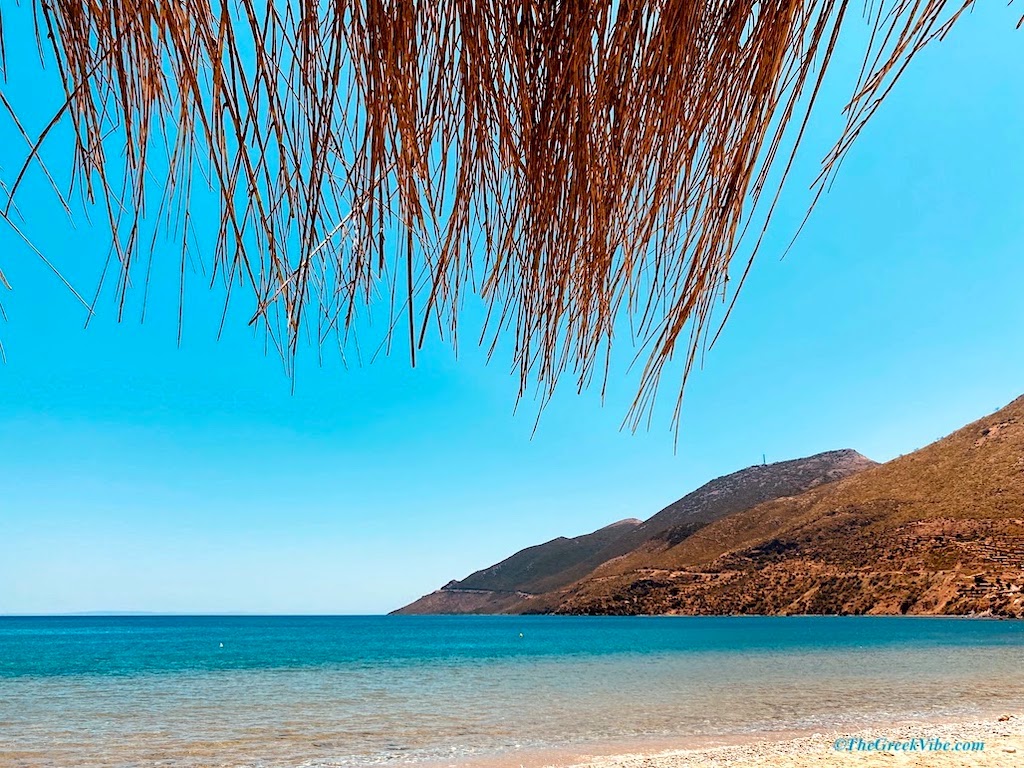
It’s true, Greece and its islands are what dreams are made of: friendly villages, exquisite beaches, welcoming mountains, no noise, no need for cars, fresh fruit and vegetables, extra-virgin olive oil, fish right out of the sea, and of course, song, dance and companionship: these are the healthy Greek lifestyle habits.
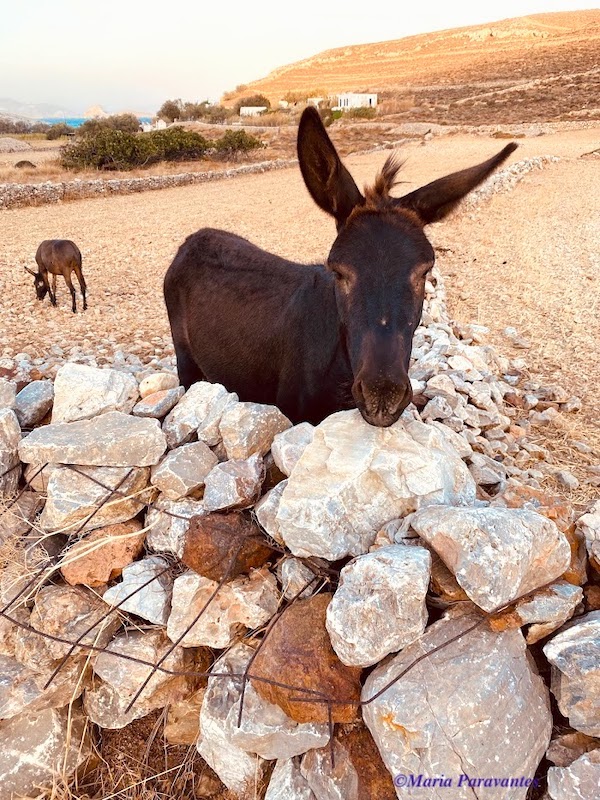
But what makes Greek life so alluring to so many people? Did you know that there are dozens of blogs out there dedicated to moving to and living in Greece? And equally the same number of websites highlighting the reasons why living on a Greek island is worth your while?
For sure, one thing that attracted the first tourists to Greece in the ’60s and ’70s, was the “slow life”. In my view, it still is and it’s what made me leave my hometown Chicago behind and come to Greece some three decades ago.
For me, most of the travelers who dream of visiting Greece want deep down to return to the way things were. Or at least to some extent. It’s no wonder people still talk about, photograph or imagine sitting at a table by the seaside languidly sipping wine and nibbling on Greek appetizers (aka “mezedes”).
►Asclepius & The Ancient Wellness Centers of Greece
Healthy Greek lifestyle Habits
The Mediterranean Diet – A Plan for Life
Today’s post is not about coming to live in Greece. Today, I will list ways you can live like a Greek wherever you’re located. Why you should you live like a Greek, you ask? Well, let me very briefly explain: on the one hand, we have the Mediterranean Diet, a nutritional gift passed on to us by our forefathers and a ‘product’ of Greece’s fertile soil and mild weather. This diet, which we grew up with, has been at the heart of eating habits and the cuisine of Greece and Southern Italy for centuries and it promises a long and healthy life. And that’s not me saying so. It’s the world’s nutrition experts who after extensive studies found that the Mediterranean Diet was the reason why people on Crete and several other areas in Greece lived for almost or even more than a century. Following this discovery, they decided to base on the Mediterranean Diet a set of nutritional guidelines and today it is one of the leading plant-based eating plans recommended by doctors, nutritionists, spiritual teachers and wellness experts worldwide.
► Cook healthy with ‘The Mediterranean Diet – Cookbook for Beginners’
The Ikaria Example: Disease-free
A second reason is the Greek island of Ikaria. Located in the Eastern Aegean, Ikaria is among the few places in the world where people live the longest and are basically disease-free, depression-free, dementia-free, pill- and supplement-free, and in one word: free.
Together with Okinawa (Japan), Sardinia (Italy), Nicoya (Costa Rica), and Loma Linda (California), Ikaria is home to some of the healthiest and longest-living people in the world and research shows that 80 percent is due to lifestyle.
In 2005, American writer Dan Buettner started to research and write in National Geographic Magazine about communities where people lived longer. He named these places “Blue Zones”. In 2008, he added Ikaria to his list of five and wrote about it in his book The Blue Zones: Lessons for Living Longer From the People Who’ve Lived the Longest
So there you have reason(s) enough to read about and try to include a few Greek lifestyle tips that may just create happiness and wellbeing even if you’re in the heart of Chicago or in Greenland for that matter. I actually try to do the same in Athens.
Before we start, I would like to point out that unfortunately many of the habits below are mostly practiced in far-off villages and on the Greek islands and no longer in large Greek cities. However, after Covid, more and more younger people are leaving the urban sprawl and going back to the basics.
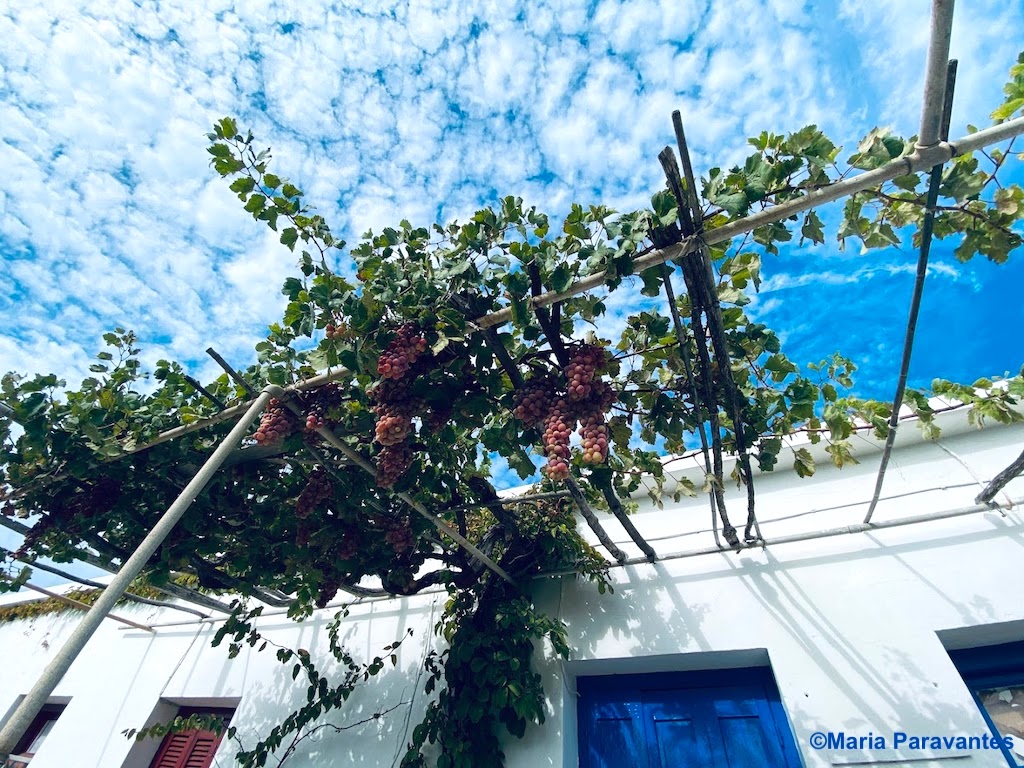
15 Greek Habits for a Good Long Life
1) Wake up at the break of day – Yes, I know. You’re probably thinking “no way”. That’s what I used to say too and always wondered why my grandfather, who lived to be 101 by the way, would get up so early. It was frustrating, to say the least. And yet, all life philosophies suggest the very same thing. Why? Well because overall we work better, we have a clearer mindset, we are refreshed, and we get a perfect feel of time without the need for a clock. Plus, I’ve found I have more time to do the things I want. Unlike in the rest of Greece, on Ikaria, shops and bakeries open at around noon and this because they enjoy their breakfast and morning reflection time.
2) Eat a light breakfast – and when I say light, I mean light. Again for many reasons, key of which is to feel agile and alert. A good breakfast for the Greeks includes a rusk (paximadi), some Greek yogurt, Greek honey, of course, or a bit of cheese, a handful of olives and a fig, grapes or whatever fruit is in season. And coffee or “tsai tou vounou” (literally translating into herbal mountain tea). Again, when we say coffee, we don’t mean the fancy, calorie-ridden Starbucks super coffees. We’re talking about coffee with a teaspoon of sugar max.
► Greek Honey: A Divine Gift of Health
3) Drink water – I remember my grandfather drinking water with a splash of lemon right when he woke up. My grandmother advised me to drink water ahead of every meal. “It makes you feel full,” she’d say. And yes, Greeks always drink water with their wine, ouzo, raki, and coffee. For American author Henry Miller, it was the first word he learned on his eventful trip to Greece. He describes a waiter “continuously circulating around with a tray filled with glasses of water. It was the first Greek word I learned: ‘nero’ – water and a beautiful word it is”.
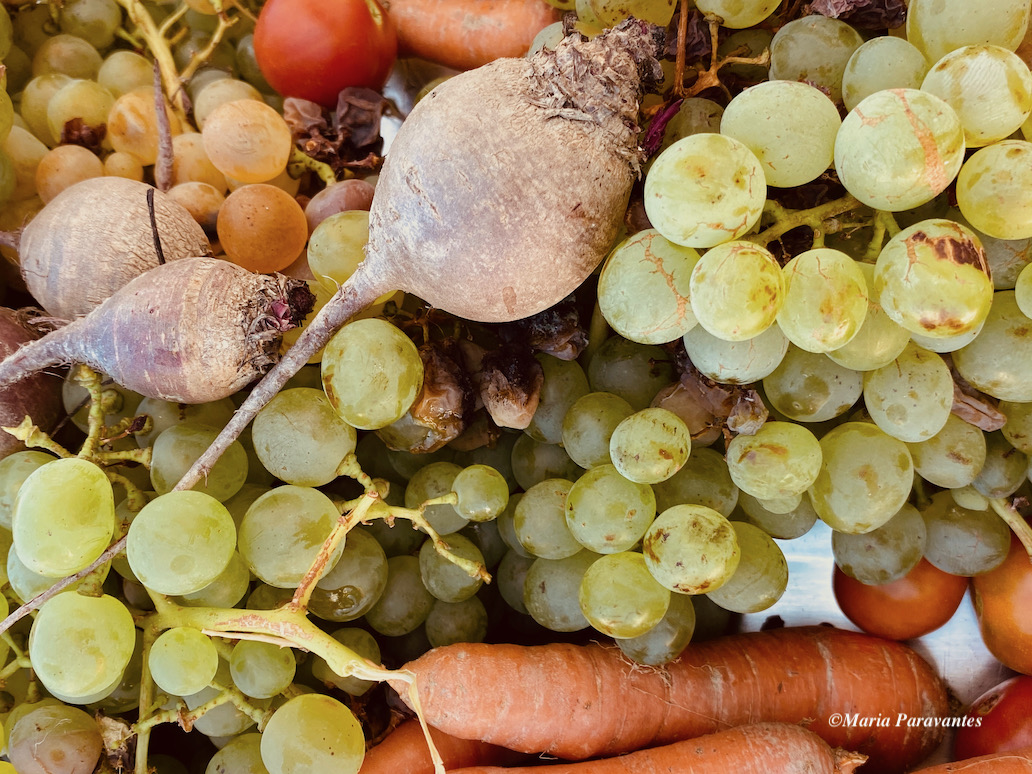
4) Eat three meals a day – two snacks of fruit or nuts in between and never after 8.30-9pm. Unlike Americans or other Europeans, Greeks used to eat their main meal at around 1.30-2pm and again at 8.30-9pm would have half of what they had for lunch. My grandfather would do this and then follow it up with some fruit – whatever was in season.
► 5 Picture-perfect Greek Islands to Unwind and Go Local
5) No eating after 9pm – Up until the late ’70s, Greeks never ate after 9pm. Things changed when the country started to “develop”. Fast food chains made their way to Greece in the late ’80s, and then prepared frozen foods and microwaves, and with it money to spend, all of which sadly led to an obesity problem today. However, in most of the villages and not so popular islands not eating after 9pm is still practiced.
6) Drink wine – Yes, you heard it. One of the key takeaways of “The Blue Zones” study was that a bit of wine a day keeps the doctor away. My grandfather would have a small glass with lunch and one at dinner. He actually made the wine himself and would bring a small carafe straight from the cellar. And one more thing, Greeks always drink their drinks with a snack (known as mezes) and always washed down with water.
7) Eat seasonally – Which means if it’s winter don’t expect to eat watermelon. I know this has changed, and regrettably in Greece too now you can find all types of fruits and vegetables all year round. But this has resulted in our eating tasteless fruits and veggies that probably don’t even have nutrients anymore due to fertilizers, not to mention the impact on the environment. Which brings me to my next point…
►Five Ways to Boost Your Health Greek-style
8) Eat organic – and if possible plant your own fruits and vegetables. Don’t buy things that are not in season. Don’t buy perfectly-designed apples or onions. Organic items usually aren’t picture-perfect. I remember my grandmother’s tomatoes and they were all different shapes and sizes. And for Christ’s sake, avoid gigantic fruit of all sorts. King Kong-sized tomatoes will not have taste and one can only wonder what’s gone into that Rambo-sized strawberry.
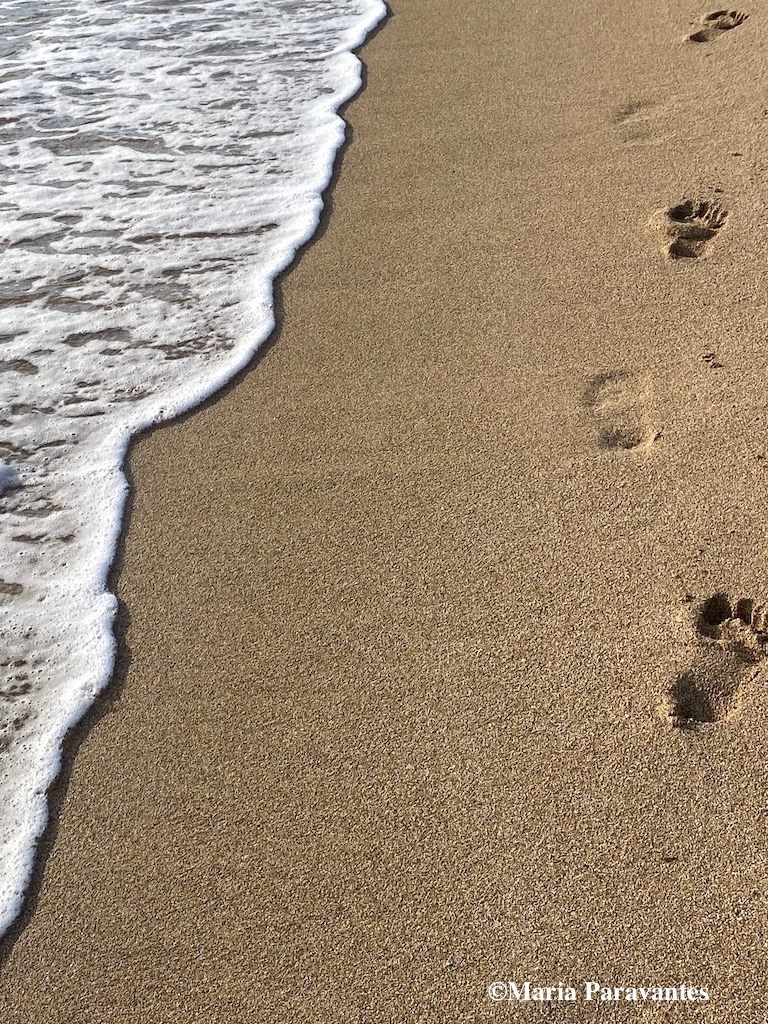
9) Walk, walk and walk again – This is probably one of the most important tips on the list. Greek villagers and islanders move a lot all day. Again, I remember my grandmother in her late 80s walking up and down the very steep roads of our village all day. In the morning to go church, later to the baker, to the green grocers’, then to check on the olive trees, in the evening for a stroll to a friend’s house. Unfortunately, nowadays we’re so pressed for time and spoilt for comfort that we take the car – which is by the way also wired up with iPhones and screens of all sorts – even if it’s a mere (life-saving) 10-minute walk away.
►12+1 Greek Food Products You Must Try
10) Take a midday nap – The siesta in Greece was not so long ago specified by law. Shops would close at 2pm and reopen at 5pm. This continues in many rural villages and on the most of the Greek islands. If you decided to hit the town at 2pm you would find yourself alone and everything closed. People would be at home, eating with their families and then taking a nap. Former Cretan-born Prime Minister Konstantinos Mitsotakis was believed to have lived to be 98 because he made sure to nap every single day. It gives your mind and eyes the chance to rest and refresh, ensuring good health and improved productivity. I believe this is more necessary nowadays where there are no time tables, we work all day long looking at a screen and then again another screen, our phones, and it’s never-ending stress on the mind, body, and soul.
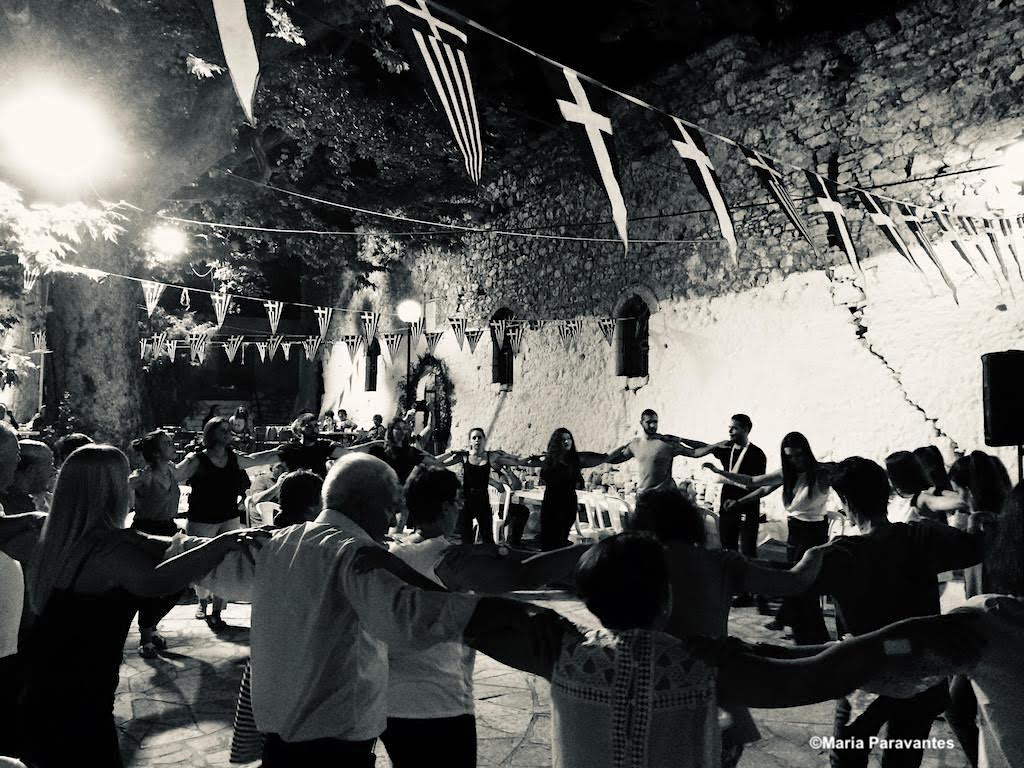
11) Eat and drink with family and friends – “The Blue Zones” study also found that people who remained healthy into old age on Ikaria had people in their lives. Socializing is done at the “kafeneia” (coffee-houses) and at the “panegyria” – the open air festivals dedicated to various saints that take place all year round. These events, which are still happening across Greece, were and still are perfect chances to get together and share the ups and downs of life with others, talk, dance, and sing, keeping loneliness and the debilitating feeling of aloneness at bay.
12) Spend some screen-free time doing a hobby – and in the summer do it outdoors. For my grandmother it was knitting, my grandfather played his mandolin on the veranda, my uncle did some beekeeping. You too can find something to do in the evening in your garden, back yard, on your balcony, or even at a park. The idea here, however, is to disconnect from your phone. There will be no benefit if you’re looking at your cell or Garmin super-watch every 2 seconds.
► Working Remotely from Greece: All You Need to Know
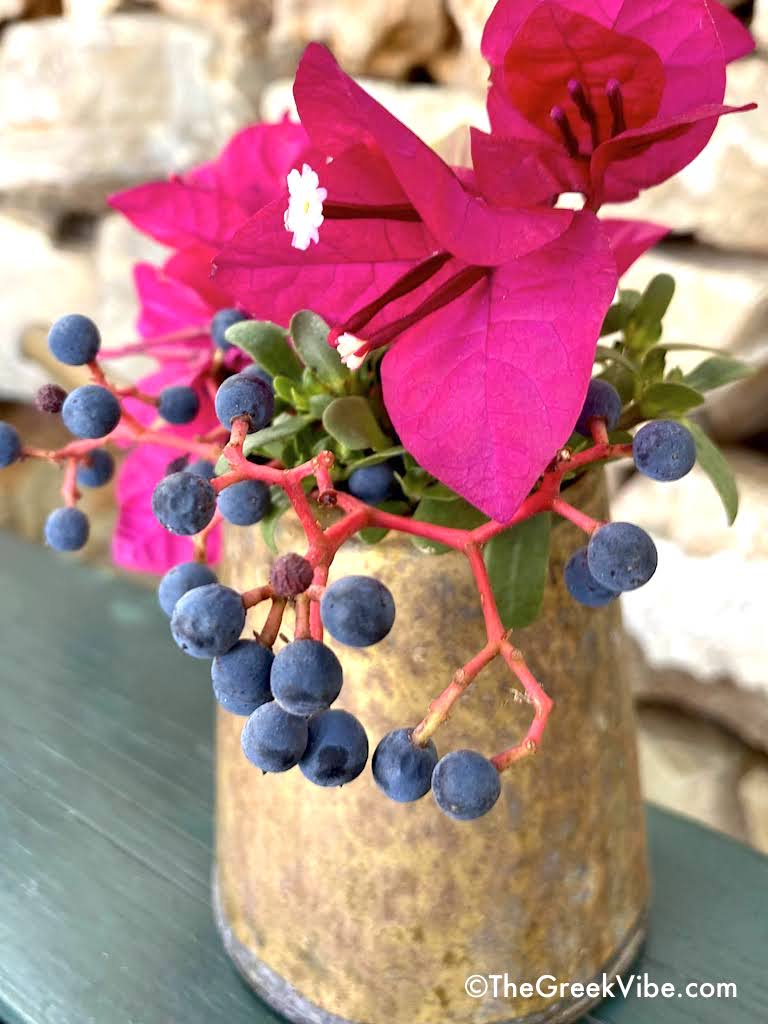
13) Welcome the change of seasons: When I first experienced this, I simply laughed and thought (out loud, actually) “Wow, why not create more chores, as if we don’t have enough”. But as I get older, I now realize the importance of this Greek practice. Greeks change their wardrobes – literally move their winter clothes to create space for their summer attire. They also remove their rugs for the summer, and in some hardcore cases, change curtains too, replacing the thick winter curtains with a lighter airy summery variety. And though this sounds mad, to say the least, I cannot describe the feeling of contentment, appreciation, gratitude and expectation it creates. All wonderful invigorating feelings after a long and trying winter.
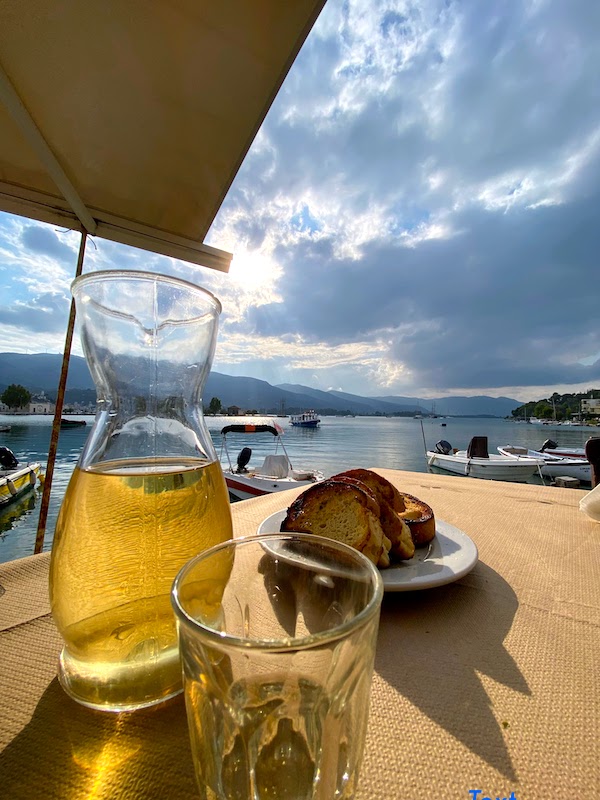
14) Not all vice is evil – Believe it or not, some of the people of Ikaria who are now in their mid-90s, also smoked but that too in moderation and this applies to all temptations: sweets, sex, meat. I remember my grandmother retreating to the balcony at dusk and smoking a cigarette. I don’t think I have ever seen anyone enjoy that cig as much as her. Sometimes she would sing, what a beautiful voice she had. And the funny thing about it was that she supposedly did it “in secret”. It wasn’t ‘proper’ for women to smoke back then. When my grandfather wanted a smoke, he would pretend he didn’t know and ask her if some guest had by chance left a pack behind. Key takeaway? If you have to do and can’t say “no”, do it in moderation.
15) Go slow – a good long life is a slow life. Greeks always find ways to go slow. For instance, that’s what coffee time is all about. And that’s why Greeks are always out to coffee. In Greece, drinking coffee is more about chilling out, stopping all thoughts and just slowing down the pace. The same applies to the ouzo-meze. The whole mixed platter of tidbits is meant to be enjoyed slowly over small talk and long silences ideally with views to the sea. And this also is how we celebrate feast days… eating and drinking and enjoying each other’s company without time restraints.
Useful Tools to Plan & Book the Best Holiday in Greece
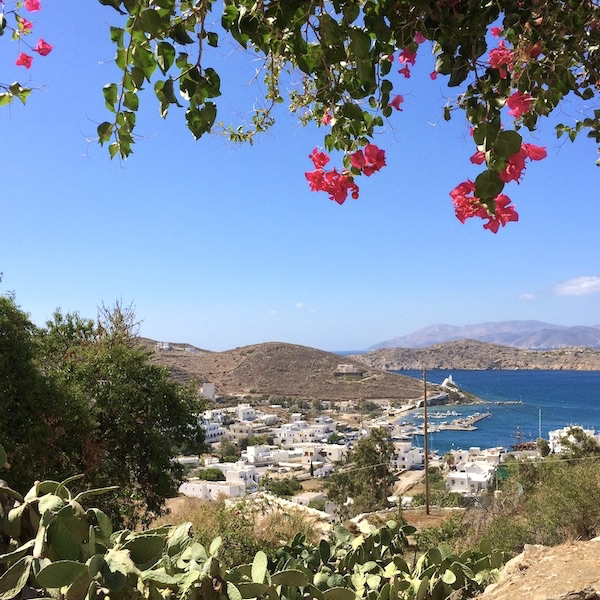
✓ Ferries
✓ Cars
✓ Fun things to do & adventure
✓ Rent bikes, mopeds, motorbikes
✓ Get help or compensation for flight delays & cancelations
►How to Enjoy Coffee Like a Greek
♫ One of my favorite Greek singers, one of the greatest personalities who departed too early, Vicky Moscholiou sings about living life to the fullest in the Now in “Mia Zoi tin Echoume“, which translates into “We Only Have One Life” written in 1953 Michalis Sougioul and Giorgos Tzavellas… so very true!
Be well. Travel!
Enjoyed this Post? Share and Pin it!
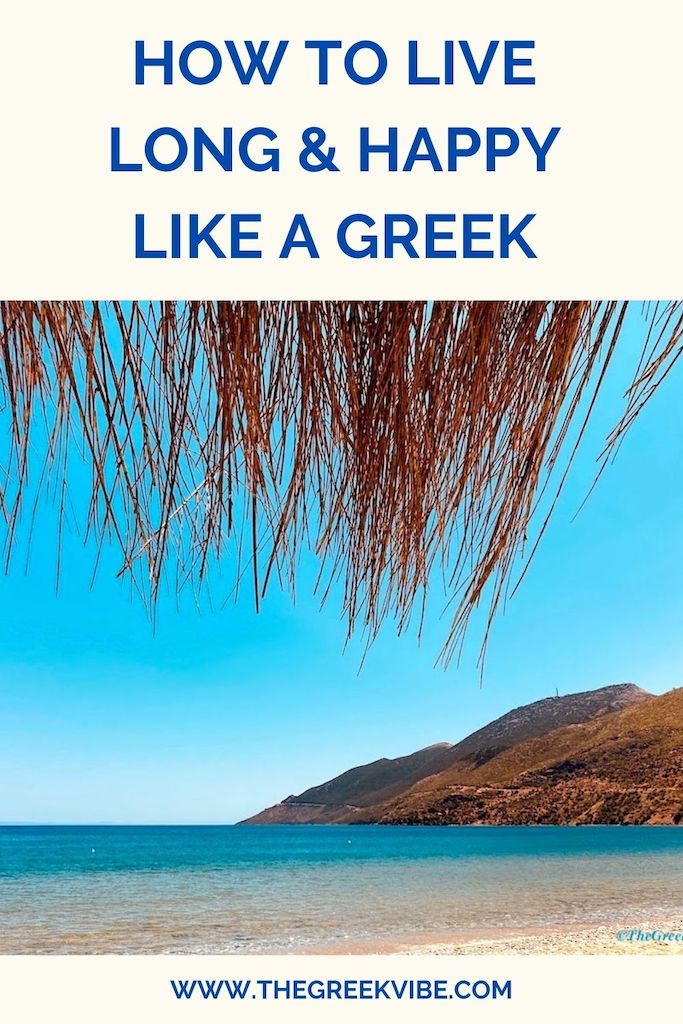

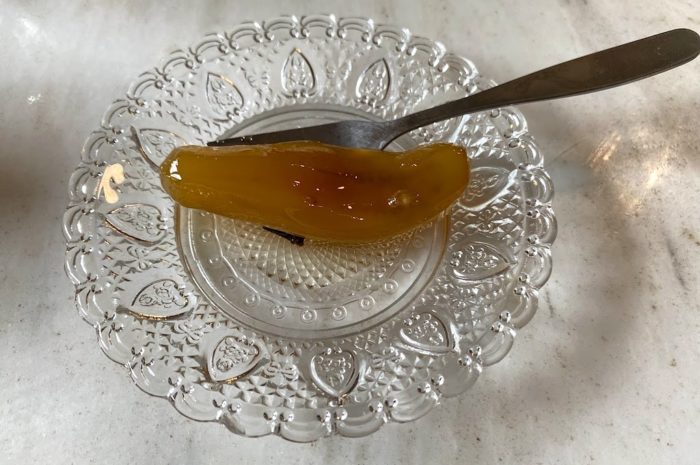
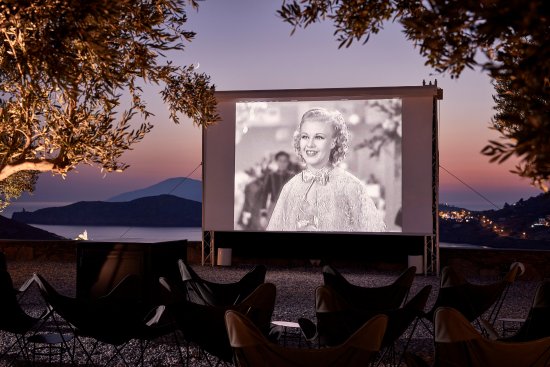
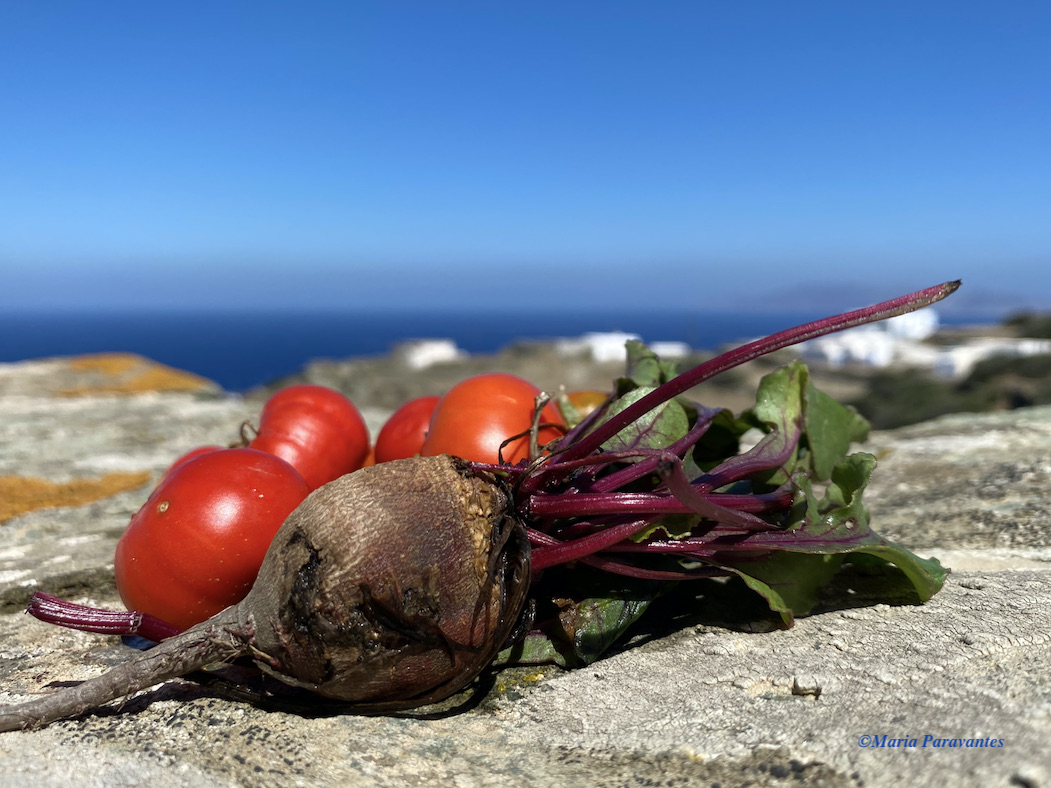
Never eat after 9pm? Since when?!?
I would say since always. This habit was widely practiced across Greece until at least the 1980s. Changes in Greek dietary practices started with the onslaught of fast food culture. Again, in addition to what my grandparents practiced, these habits can be found recorded in many studies, including the renowned Blue Zones study.
I love your description of the slow way of life, I can feel my breathing slowing down as I read it.
In the UK when I was younger we always prepared for the change in weather by ‘Spring cleaning’. It meant doing a deeper clean than usual, all cupboards were emptied and scrubbed inside and out, heavy dark coloured curtains changed for lighter summer ones, carpets and rugs cleaned, heavy, warm bedding exchanged for lighter ones etc and you felt the change of the season, preparing for the fresh new start and lightness of spring and summer and then the reverse in Autumn gettting snug and warm ready for the chill of winter. This has mostly now died out and life is one long non-season that puts great stress on the body and mind both physically and mentally. No wonder people have a strong urge to ‘get away’ all the time, but what they do not realise is they are trying to get away from the self-imposed life style stresses and if they slowed down as you describe, life can be lived at a better quality no matter where you live.
I totally agree, Anita. We have to slow down and go back to basics. I am sure that all cultures had similar practices which were tied with nature’s cycles and ensured the smooth transition with equal doses of doing or not doing. I too find it very hard to disconnect and often others don’t get why you need to.